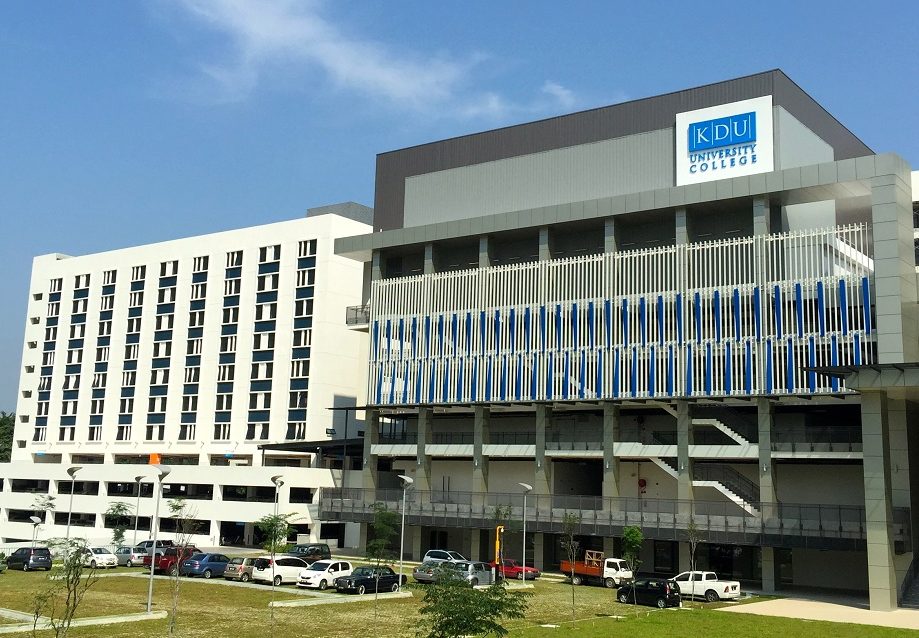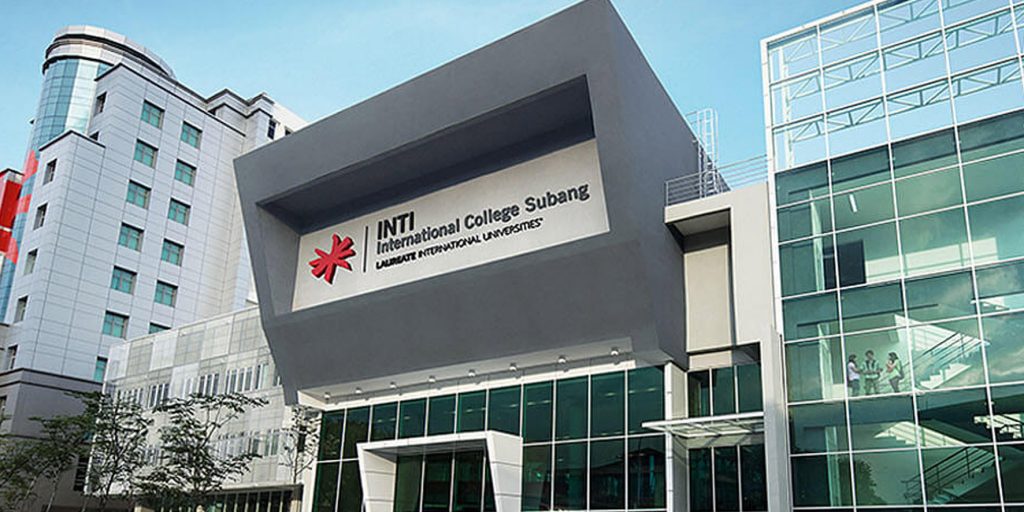
If you’re not looking for a science stream degree course, and are more interested in a pre-university programme than a diploma, why not consider a Foundation in Arts? Of course, there are several other university programmes, such as A-Levels, AUSMAT, SACE. So, why should you choose a Foundation of Arts over the rest?
In this article, we’ll be breaking down the essential information you need to know about the Foundation in Arts. From what you can expect to study, the degree programmes you can choose from, to the top universities of Malaysia that offer a Foundation in Arts!
What is Foundation in Arts?
Foundation in Arts is essentially a pre-university programme that emphasizes the study of arts and humanities. It is considered to be one of the widest educational pathways as it allows students to gain interdisciplinary knowledge from a variety of fields. Basically, any non-Science degree programme is accessible to you if you have a Foundation in Arts certificate. After completing this curriculum, you may choose to pursue Business, Communication, Social Science, Design, and Hospitality. Moreover, depending on the university you choose, you may even use a Foundation in Arts to pursue Psychology and Architecture.
You may take on this course after your completion of SPM, O-Levels, or equivalent. The duration of the programme itself takes 12 months to complete, after which you may pursue the course of your choice. The straightforward transition from pre-university level to your degree that other pre-university programmes offer is also available in the Foundation in Arts.
What Will You Study in Foundation in Arts?
In this programme, you can expect to cover a variety of fields due to the wide range of selection that is available for non-science stream degrees. While the subjects that are offered may differ slightly from university to university, you can roughly expect the same subjects.
The disciplines you look forward to studying are as listed below:
- English
- Mathematics
- Critical and Creative Thinking Skills
- Public Speaking Skills
- Social Psychology
- Statistics
- Principles of Marketing
- Introduction to Communication
- Introduction to Business
- Fundamentals of IT
- Economics
- Introduction to Programming
- Principles of Accounting
- Introduction to Public Relations
- Travel and Cuisine
- Mathematics for Actuarial Studies
What are the General Entry Requirements to Study Foundation in Arts?
Like all other pre-university programmes, there are a set of requirements you need to fulfil to become an eligible candidate for the course.
These have been listed in an easily digestible table below:
Certification | Minimum Requirement |
SPM | 5 Credits (5Cs) |
IGCSE/O-Levels | 5 Credits (5Cs) |
UEC | 3 Credits (3Bs) |
For more information on your eligibility to pursue a Foundation in Arts, contact us now!
What are the Degree Programmes You Can Pursue with a Foundation in Arts?
If this pre-university course is what you have decided to take, you may be wondering what your major options are. As previously mentioned above, there is an array of degree programmes that you will be eligible to pursue with a Foundation in Arts.
Below are the top 5 types of degrees you can pursue:
- Mass Communication
Communication is a broad course that offers a wide selection of career opportunities upon completion of your degree. Mass Communication is essentially the study of how and why messages are transmitted through a medium (either television, radio, newspaper, or social media) to the masses. This degree course requires you to perform theoretical as well as practical work. While some subjects will be on the theories of communication, law, and research work, it will also require you to look into your broadcasting, videography, and photography skills.
Mass Communication allows you to specialise in Journalism & Broadcast, Advertising, Public Relations, and Corporate Communication.
Upon completing your programme, you may be able to apply for jobs in the creative industry, administrative work, news broadcast, and various other fields.
- Psychology
The study of psychology is focused on the way our environment has an effect on the human mind and behaviour. Like mass communication, Psychology has a broad branch of disciplines you can specialise in. This degree requires you to have sharp, critical thinking skills in order for you to analyse and deduce theories of past research studies..
It is important to take note that in order for you to be a practicing psychologist, you would need to obtain a Master’s in Psychology after completing your degree. However, this does not mean that a degree in psychology will not be able to get your jobs. Possible career choices may be community cousellor, researcher, social worker, educational psychologist, human resource agent, and media roles.
- Business Management
Business management is a great course for students who are passionate about honing their entrepreneurial skills as well as a desire to learn more about business organisations. In this course, you will be given the opportunity to learn deeper knowledge of the theoretical aspects of business, as well as a chance to work with industrial partners on real-world projects.
This degree course can equip you with the knowledge and skills that are fundamental to the industry. Through critical and creative business thinking skills, you will be challenged to exercise on how to hone your abilities to succeed in competitive business environments. As a business management graduate, you can obtain jobs such as a business advisor, business development manager, data analyst, entrepreneur, or project manager.
- Economics
A degree in economics is great for you if you have an interest in the economics and finance industry. This study focuses on the allocation of resources and looking at how the government, businesses, and people can allocate the available resources rationally to theirs needs and wants. It is essentially the study of supply and demand of the country, or between individuals and industries.
Economics is wide topic that covers several specific studies that helps you come into a deeper understanding of how scarce resources can be distributed appropriately among people. You would need to polish your skills in critical thinking, communication, and attention to fine details. Some of the career choices you have as an economics degree holder are market research analyst, economics journalist, statistician, data analyst, and financial risk analyst.
- Culinary Arts
Hospitality and Tourism is a great industry to join if you are passionate about customer service, working with your hands, and being creative! With a culinary arts degree, you will be given an opportunity to learn deeper into the art of food, food preparation, and cooking. Moreover, you will be well taught the proper etiquette of table manners – from serving the food to eating them. Not only does the degree focus on the study of what goes on within the kitchen and dining area, but you will also have the chance to learn further about business management and hospitality.
There are several majors included in the field of culinary arts, such as Pasty & Baking, Management, and Culinary Arts. You would need to have skills and passion for creating and preparing food, not to mention the ability to work under pressure, be creative, and the willingness to try new recipes. As a culinary art graduate, you can apply to become a sous chef, commis chef, food marketing consultant, restaurant manager, or executive chef.
Interested in learning more about the different types of career options available for you with a Foundation in Arts? Contact us now for more information.
Top Private Malaysian Universities To Study Foundation in Arts in Malaysia
Now that you have been well briefed about what Foundation in Arts is, you may be wondering where can you study this programme. Below are the top 5 private universities in Malaysia where you enroll into this programme:
#1 Taylor’s College

In the table below is the relevant information you need to learn about what Taylor’s has to offer for this programme:
Programme | Duration | Intake | Indicative fees |
Foundation in Arts | 1 year | Feb, Apr, Aug | Local students: RM26,000 International students: RM43,000 |
For more information on the programme, contact us now!
#2 HELP University

In the table below is the relevant information you need to learn about what HELP has to offer for this programme:
Programme | Duration | Intake | Indicative fees |
Foundation in Arts | 1 year | Jan, May, Jul, Sept | Local students: RM22,100 |
For more information on the programme, contact us now!
#3 University of Wollongong Malaysia (Previously known as KDU)

In the table below is the relevant information you need to learn about what UOWMKDU has to offer for this programme:
Programme | Duration | Intake | Indicative fees |
Foundation in Arts | 1 year | Jan, Mar, May, Jul, Sept, Oct | Local students: RM17,550 International students: RM23,750 |
For more information on the programme, contact us now!
#4 INTI International University

In the table below is the relevant information you need to learn about what INTI has to offer for this programme:
Programme | Duration | Intake | Indicative fees |
Foundation in Arts | 1 year | Jan, May, Aug | Local students: RM18,993 International students: RM18,993 |
For more information on the programme, contact us now!
Recommended Articles to Read
About The Author

Karisse Hannah
Journalism and Advertising major. Passionate about reading and writing, and an advocate for the truth.

